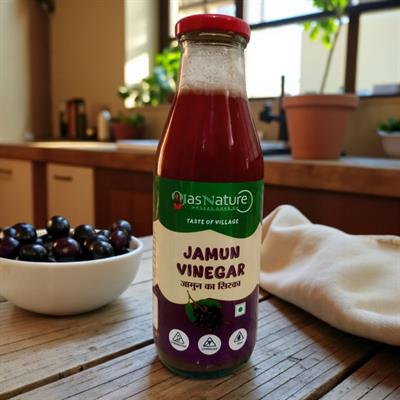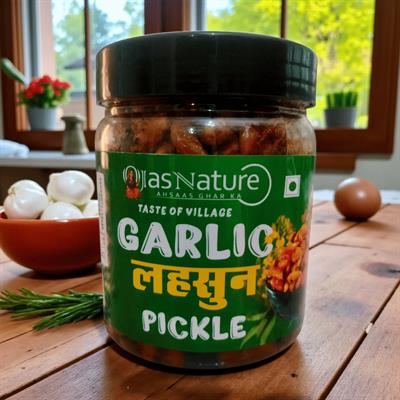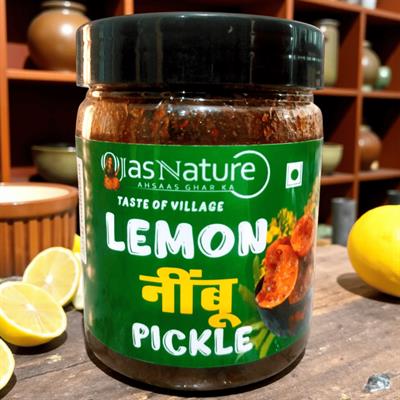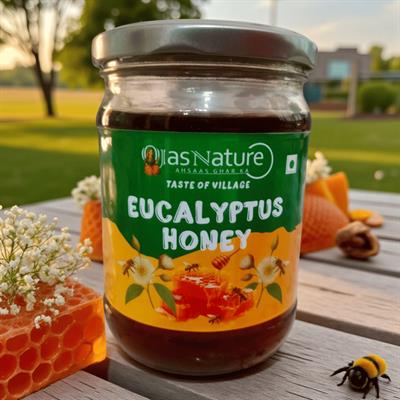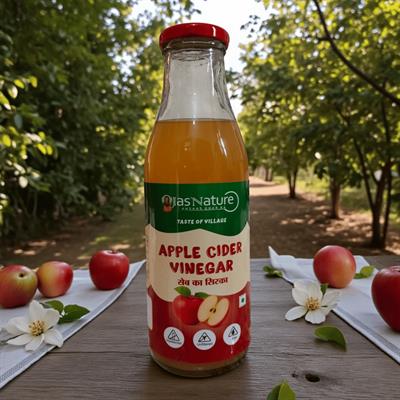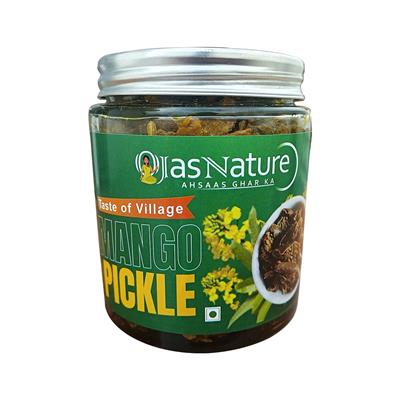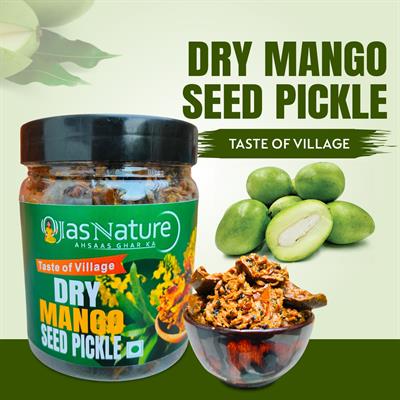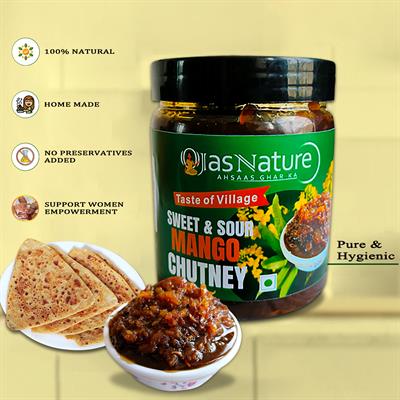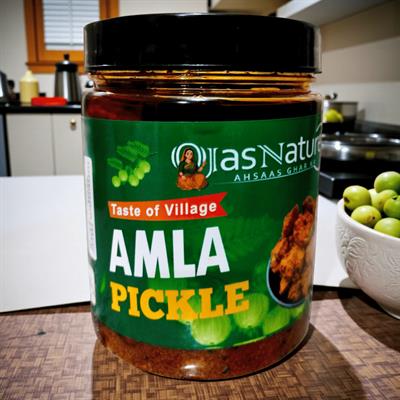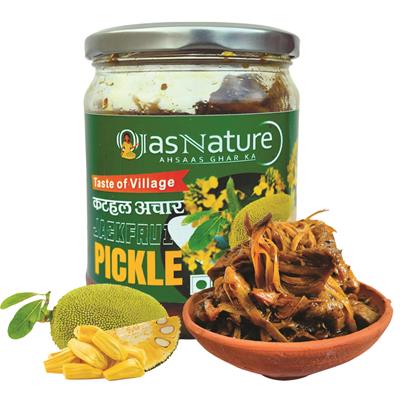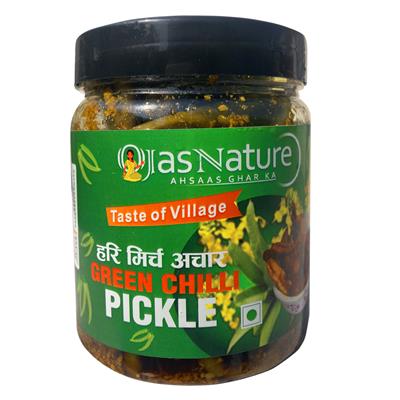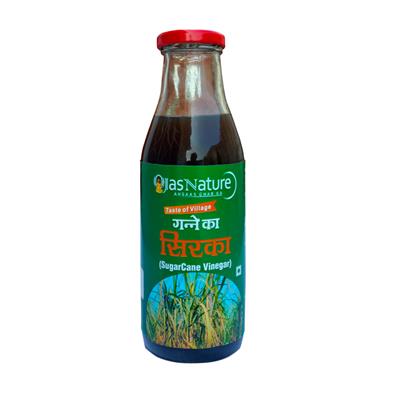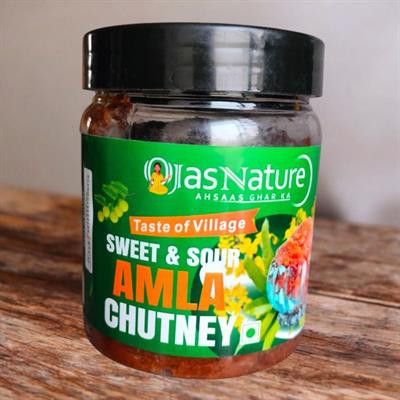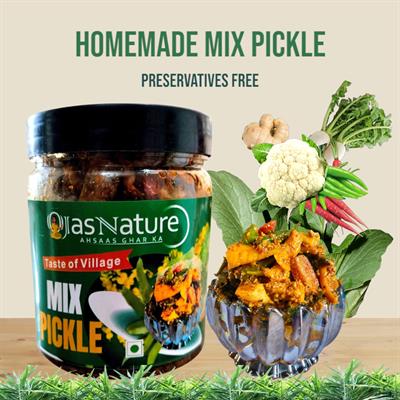Homemade pickles bring rich flavor and traditional goodness to every meal. But when making pickles at home, safety is just as important as taste. Whether you're preparing mango achar or amla pickle, knowing how to identify spoilage or contamination helps protect your health and ensures a longer shelf life.
In this blog, we’ll show you how to tell if your homemade pickles are still safe to eat, based on appearance, smell, taste, and handling. And if you want 100% safe, hygienic, and delicious pickles without the stress of spoilage, look no further than Ojas Nature, a name trusted as one of the Top Pickle Manufacturers in Saharanpur. Their range of online mango pickle, online amla pickle, and online amla achar is made with traditional care and zero preservatives, ensuring top-notch quality and safety in every jar.
1. Check for Mold or Fungus
One of the first visible signs that your homemade pickle may not be safe is the presence of:
-
White, black, green, or blue mold
-
Fuzzy growth on the surface
-
Discoloration on pickle pieces
If you see any of these signs, it's best to discard the entire jar. Mold can spread deep into the pickle, even if it's not visible on all parts.
Ojas Nature ensures fungal contamination is never a concern by using sun-dried ingredients and oil seals in their preservative-free, safe-to-eat pickles.
2. Smell the Pickle
A safe and fresh pickle should have a strong, tangy, and spicy aroma—typical of mustard oil, fenugreek, and other Indian spices. However, if you notice:
-
A sour, musty, or rotten odor
-
A smell different from its usual tangy aroma
-
A yeasty or alcoholic scent
Then the pickle may be spoiled due to bacterial fermentation or improper storage.
All Ojas Nature products are prepared in hygienic environments and sealed immediately to lock in freshness and prevent spoilage.
3. Check for Gas Formation or Bulging Lids
In fermented pickles, slight bubbling during the first few days can be normal. But if you notice:
-
Bulging lids on glass jars
-
Pressure when opening the lid
-
Hissing sounds when opening
It could indicate gas buildup from uncontrolled fermentation or bacterial activity, meaning the pickle is no longer safe to consume.
Ojas Nature uses time-tested sun-curing and sealing methods to avoid unwanted fermentation, making their online mango pickle and online amla achar both delicious and safe.
4. Taste Test Carefully
If the pickle passes the visual and smell tests, taste a small amount. Be cautious—if the taste is:
-
Extremely sour or bitter (not typical for the recipe)
-
Flat, fermented, or strangely alcoholic
-
Unusually salty or rancid
Then discard it. Spoiled pickles can carry harmful microbes, and even a small taste can make you unwell if they’ve gone bad.
5. Examine the Oil Layer
In most traditional Indian pickles, especially mango and amla achar, a layer of mustard oil covers the surface. This acts as a natural preservative.
-
If the oil is clear, golden, and has no residue floating on top, the pickle is likely safe.
-
If the oil appears cloudy, separated, or has mold or froth on it, the jar may be contaminated.
At Ojas Nature, each jar of online amla pickle and mango achar is filled with just the right amount of cold-pressed mustard oil to protect the pickle naturally.
6. Check Storage Conditions
Safe homemade pickles require proper storage:
-
Airtight, sterilized glass jars
-
Kept in cool, dry places away from direct sunlight
-
Always handled with clean, dry spoons
If your jar was exposed to moisture, air, or dirty spoons, there’s a high risk of spoilage—even if it looks okay.
Ojas Nature ensures all pickles are made and stored under strict hygiene standards, earning their place as a trusted brand among the Top Pickle Manufacturers in Saharanpur.
When in Doubt, Throw It Out
Never take chances with spoiled food. If you notice any signs of mold, smell, gas, or unusual taste, it’s better to discard the pickle than risk illness.
Or, skip the uncertainty and order from Ojas Nature, where each jar of online mango pickle or online amla achar is prepared with the same care as homemade—but with quality assurance you can trust.
Why Ojas Nature Pickles Are Always Safe
Here’s what sets Ojas Nature apart:
-
Uses natural ingredients only, with no preservatives or synthetic additives
-
Follows traditional recipes passed down through generations
-
Uses cold-pressed mustard oil, sun-drying, and proper curing methods
-
Packages pickles in airtight, sterilized jars
-
Loved and trusted across India as a Top Pickle Manufacturer in Saharanpur
Final Thoughts
Homemade pickles are a labor of love, but they come with a responsibility to store, handle, and monitor them carefully. By watching for signs like mold, foul smell, and gas formation, you can tell whether your pickle is still safe.
Want flavorful, safe, and long-lasting pickles without the worry? Trust Ojas Nature—the leading name among Top Pickle Manufacturers in Saharanpur. With options like online mango pickle, online amla achar, and more, you're just a click away from authentic, safe, and satisfying flavor in every bite.

